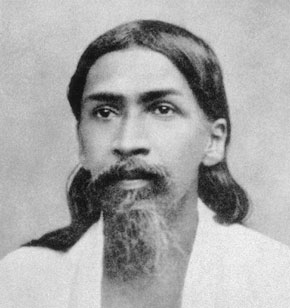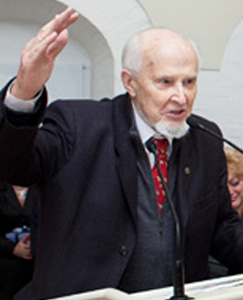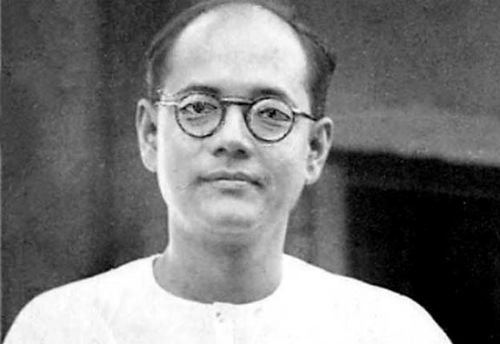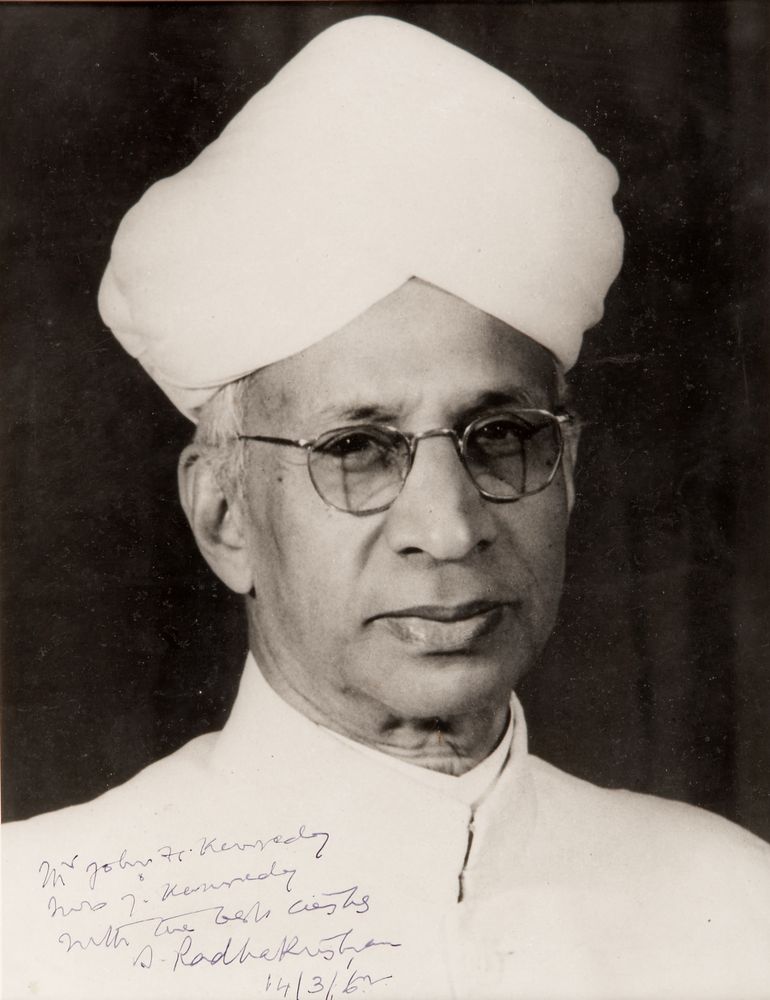“Some time ago Vivekananda said that there was the power of Brahman in every man, that Nàràyaõa [i.e. God] wanted to have our service through the poor. This is what I call real gospel. This gospel showed the path of infinite freedom from man’s tiny egocentric self beyond the limits of all selfishness. This was no sermon relating to a particular ritual, nor was it a narrow injunction to be imposed upon one’s external life. This naturally contained in it protest against untouchability—not because that would make for political freedom, but because that would do away with the humiliation of man—a curse which in fact puts to shame the self of us all.
Vivekananda’s gospel marked the awakening of man in his fullness and that is why it inspired our youth to the diverse courses of liberation through work and sacrifice.
In India of modern times, it was Vivekananda alone who preached a great message which is not tied to any do’s and don’ts. Addressing one and all in the nation, he said : In every one of you there is the power of Brahman (God); the God in the poor desires you to serve Him. This message has roused the heart of the youths in a most pervasive way. That is why this message has borne fruit in the service of the nation in diverse ways and in diverse forms of sacrifice. This message has, at one and the same time, imparted dignity and respect to man along with energy and power. The strength that this message has imparted to man is not confined to a particular point; nor is it limited to repetitions of some physical movements. It has, indeed, invested his life with a wonderful dynamism in various spheres. There at the source of the adventurous activities of today’s youth of Bengal is the message of Vivekananda—which calls the soul of man, not his fingers.”
Rabindranath Tagore (1861-1941)
Rabindranath Tagore was a renowned literateur, philosopher and educationist. First Asian to be awarded the Nobel Prize for literature (1913). He resigned the Knighthood in protest against military atrocities at Jalianwallabagh (1919).







Leave A Comment